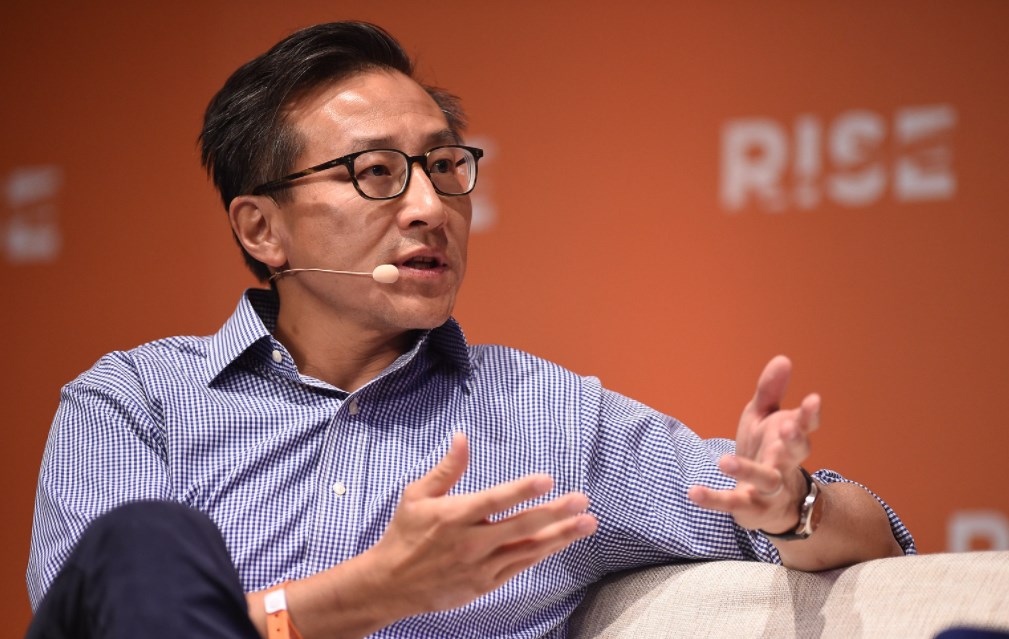Alibaba co-founder Joe Tsai has said that Hong Kong needed a security law because it used to be a colony and was lost to Britain during the 1800s. The executive vice-chair of the Chinese tech giant also told CNBC’s Squawk Box on Tuesday that he was afraid to walk on the street during the 2019 protests.

Tsai said the city was one of the few places without a security law and Beijing was historically “scarred” by having foreign powers carve up the country: “It’s against sedition… These are things that are not allowed. You know why? Because Hong Kong used to be a colony, you know, a few hundred years ago, China lost Hong Kong to the Brits because of the Opium War. The British wanted to sell opium into China and as a result of some battles, China had to give, carve up Hong Kong, gave it up.”
The Opium Wars were a series of military confrontations between 1839 and 1842 between Britain and China’s Qing dynasty triggered by the seizure of illegal opium stocks in Canton. The resulting Treaty of Nanking ceded Hong Kong Island to the British Empire.
‘Physically threatened’
The Brooklyn Nets owner said he was targeted for speaking Mandarin during the 2019 pro-democracy protests and unrest, despite growing up in Taiwan: “I was actually afraid to walk onto the street. You know why? Because… And so, I actually felt physically threatened with, with these protesters, right. So, I think now we have more stability. Hong Kong is going to be fine. You know why because it’s a free market economy,” Tsai said.
He added that the city had “stablised,” had a low tax rate and is “great for capital formation.”
In June 2020, Beijing inserted national security legislation directly into Hong Kong’s mini-constitution – bypassing the local legislature – following a year of pro-democracy protests and unrest. It criminalised subversion, secession, collusion with foreign forces and terrorist acts, which were broadly defined to include disruption to transport and other infrastructure. The move gave police sweeping new powers, alarming democrats, civil society groups and trade partners, as such laws have been used broadly to silence and punish dissidents in China. However, the authorities say it has restored stability and peace to the city.
Jack Ma ‘very well’
When asked about the whereabouts of his billionaire co-founder Jack Ma, Tsai said he had taken up painting: “In Jack’s case, he’s fine. He’s lying low right now. I talk to him every day. I actually messaged him, we have our own you know messaging platform, he’s actually doing very, very well. He’s taken up painting as a hobby. It’s actually pretty good, I can show you some photos later.”

The outspoken tycoon disappeared from the global stage late last year amid a government crackdown on the digital payment market and tech monopolies.
Alibaba’s services include online marketplaces, cloud computing and artificial intelligence – it also owns Hong Kong’s South China Morning Post newspaper.
Support HKFP | Policies & Ethics | Error/typo? | Contact Us | Newsletter | Transparency & Annual Report | Apps
Help safeguard press freedom & keep HKFP free for all readers by supporting our team

























